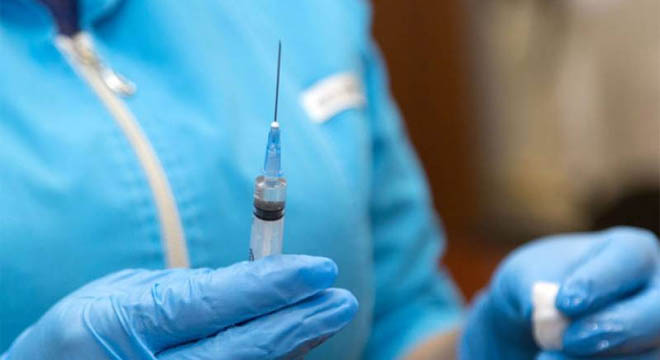COPENHAGEN – The gradual reopening of Denmark has begun with the introduction of a “corona passport” by the Danish Health Authority, through Sundhed.dk, a Danish e-Health portal, on Tuesday.
“We are pleased to deliver the solution that contributes to the gradual reopening of Denmark. We have been working hard under high pressure lately. So it is great to be able to say that we are ready to start,” said Morten Elbaek Petersen, CEO of Sundhed.dk in a press release.
The passport, which can be downloaded and shown by an app onto a smartphone or alternatively printed out from the website of Sundhed.dk, will officially document either a negative COVID-19 test taken within the last 72 hours, a previous infection during the last two to 12 weeks, or a completed vaccination course.
The initial beneficiaries of the passport will be a number of liberal professions, such as hair salons and driving schools reopening.
However, customers are still required to use a face mask when they present their valid “corona passport.” Children under 15 years are exempt from the requirements. Sundhed.dk expects a huge application for the passport from people eagerly seeking to resume their “pre-COVID” lives.
According to a Voxmeter survey done by Danish news agency Ritzau on Tuesday, 67 percent of interviewees think a “corona passport” is a good idea while 16 percent answer that it is a bad idea.
The Danish government on March 23 announced a phased plan for reopening after lengthy negotiations between the government and the majority of parliamentary parties. The “flexible and responsible” reopening promised by the new agreement will begin on April 6, when 5th-8th graders and home-schooled since the end of 2020, will be permitted to attend school every second week. The day will also see the reopening of hairdressers and beauty salons. The “corona passport” thus granted access to outdoor dining at the now reopened restaurants and cafes and permitted entry to museums, art galleries and libraries.
Nevertheless, the agreement also specifies that relevant sanitary measures should continue to apply throughout the incremental re-opening. The agreement acknowledges it may not be possible in areas where there is a high incidence of transmissions or a sudden outbreak of the virus.
Follow the PNI Facebook page for the latest news and updates.









